In August 2020, the Knight Foundation released a report, American Views 2020: Trust, Media and Democracy, based on surveys done between November 2019 and February 2020—before the coronavirus pandemic and heated presidential election were impactful factors.
Among the findings: most Americans (81%) considered the news media to be very or critically important to democracy. Most Americans (83%) also believed there was a “great deal” or “fair amount” of political bias in news coverage, with some of that leading to inaccurate coverage. But while 83% said the media had some responsibility for the current divisions in the country, the same percentage believed the media could play a role in healing America’s political polarization.
Curious about how self-proclaimed news consumers view the media now, Columbia College Chicago journalism students in Associate Professor Sharon Bloyd-Peshkin’s Reporting I course interviewed more than a dozen people across the country.
Their responses reflect both skepticism and perception of bias in the news, and the tense political climate of a divided nation. While interviewees criticized the media, they also offered insight into how news consumers can be part of the solution, rather than the problem.
Bessie Mohammed, 26, of Homer Glenn, Ill. works as a middle school teacher and considers herself an avid news consumer.
“Every news source is biased… you can’t really take away bias,” she said. What she seeks in a news source is accuracy and transparency, not lack of a perspective on the news. During the pandemic, she mainly turned to CNN because she said it “spoke out on COVID in a truthful manner.”
Laura Hughes, 26, of Brooklyn, follows the news closely as part of her job because she has worked on several Democratic campaigns.
“Essentially, it should be illegal for you to be called a news source if you are not actually reporting facts and only saying what seems like propaganda,” Hughes said, criticizing much of the media for showing obvious biases. “Facts are the most important thing we have.”
While Hughes believes news organizations have a responsibility to provide accurate information, she also thinks audiences are responsible for applying critical thinking to what they read, hear and watch.
“If you watch only one source, you’re doing something wrong,” she said.
Muhammed agrees, saying “it’s never a bad thing to watch different news sources. It’s just a matter of whether someone is educated enough to know whether it’s the truth or not.”
Rey Buskard, 18, of Hudsonville, Mich., spent time as a poll worker and thinks some news media prioritize speed over accuracy.
“As soon as something happens… they just report on it without a ton of knowledge or background,” they said. Six out of 10 Americans (61%) agree with Buskard, saying the media’s speed compromises its accuracy, and therefore its credibility.
Michelle Schaefer, 51, of Belleville, Ill. and a former alderwoman, steers clear of news sources she perceives as biased, which includes both CNN and Fox News. Instead, she turns to public radio stations NPR and the BBC, which she said “don’t stir the pot” during these highly polarized times.
Pastor Phillip Tarver, 56, of South Holland, Ill., notes the increased polarization even among other pastors in recent years. He said he wants “a way to find some middle ground.”
“We can disagree without being disagreeable,” Tarver said. The news he trusts most is local, including WGN. “That’s news on the ground in Chicago,” he said. “You see the anchors all over the city, and they tend to report rather accurately.”
By contrast, Frank D. Edwards, 68, of Chicago doesn’t trust local news, considering it “trivial” and too focused on crime.
“All they present is who got shot,” he said. “You know, ‘if it bleeds, it leads.’”
Too much bad news—particularly about the pandemic—can take a toll, according to therapist Pam Bult, 52, of Holland, Mich.
“It really can fuel anxiety and hopelessness,” she said
Several people hoped that the news media might play a role in bringing people together.
“I would love that so much,” said Brayden Thomas Hyde, 17, of Athens, Tenn.
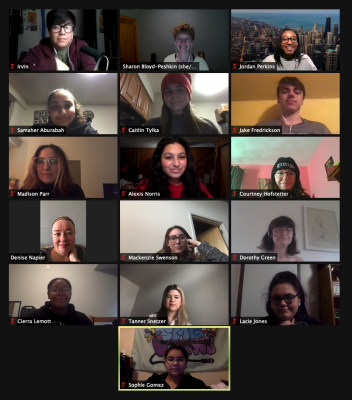
Additional reporting by Sam Aburabah, Sophie Gomez, Dot Green, Irvin Ibarra, Cierra Lemott, Alexis Norris, Madison Parr, Jordan Perkins and Caitlin Tylka | Columbia College Chicago’s Reporting I course taught by Sharon Bloyd-Peshkin, associate professor in the Communication Department

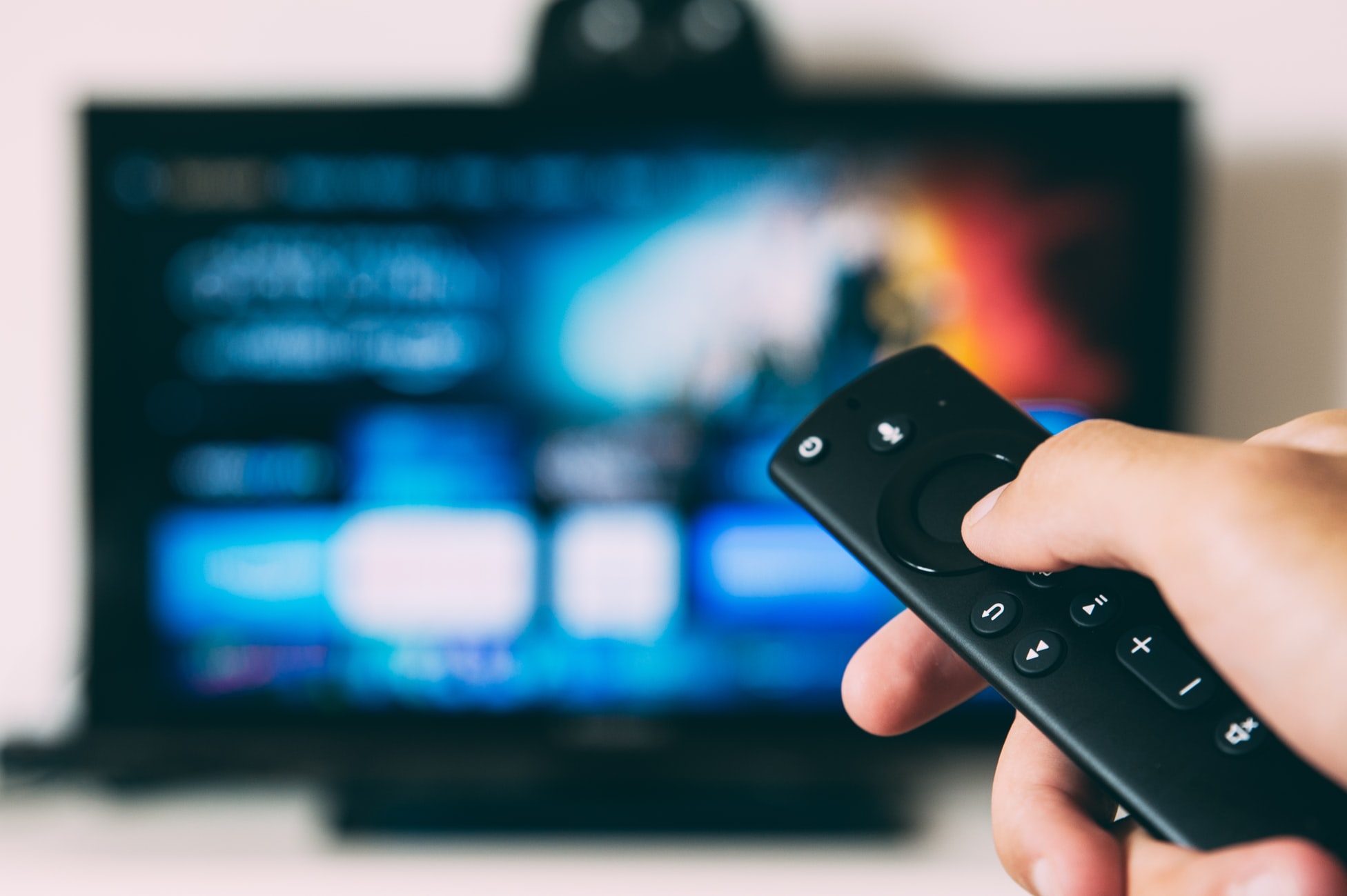

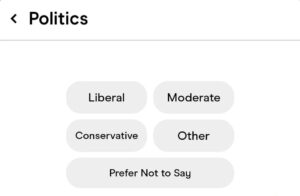
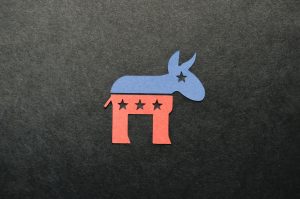
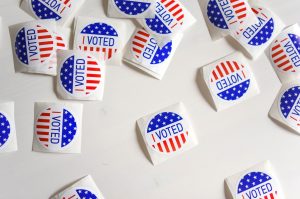
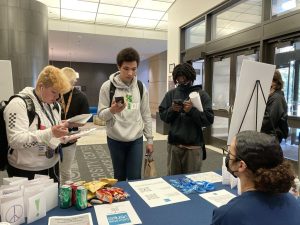
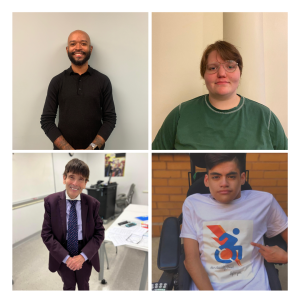

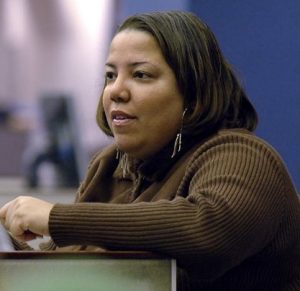
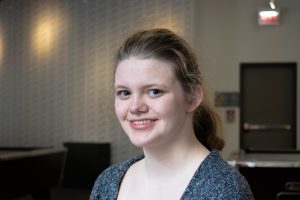
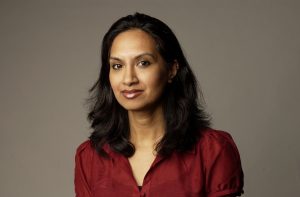
Be First to Comment